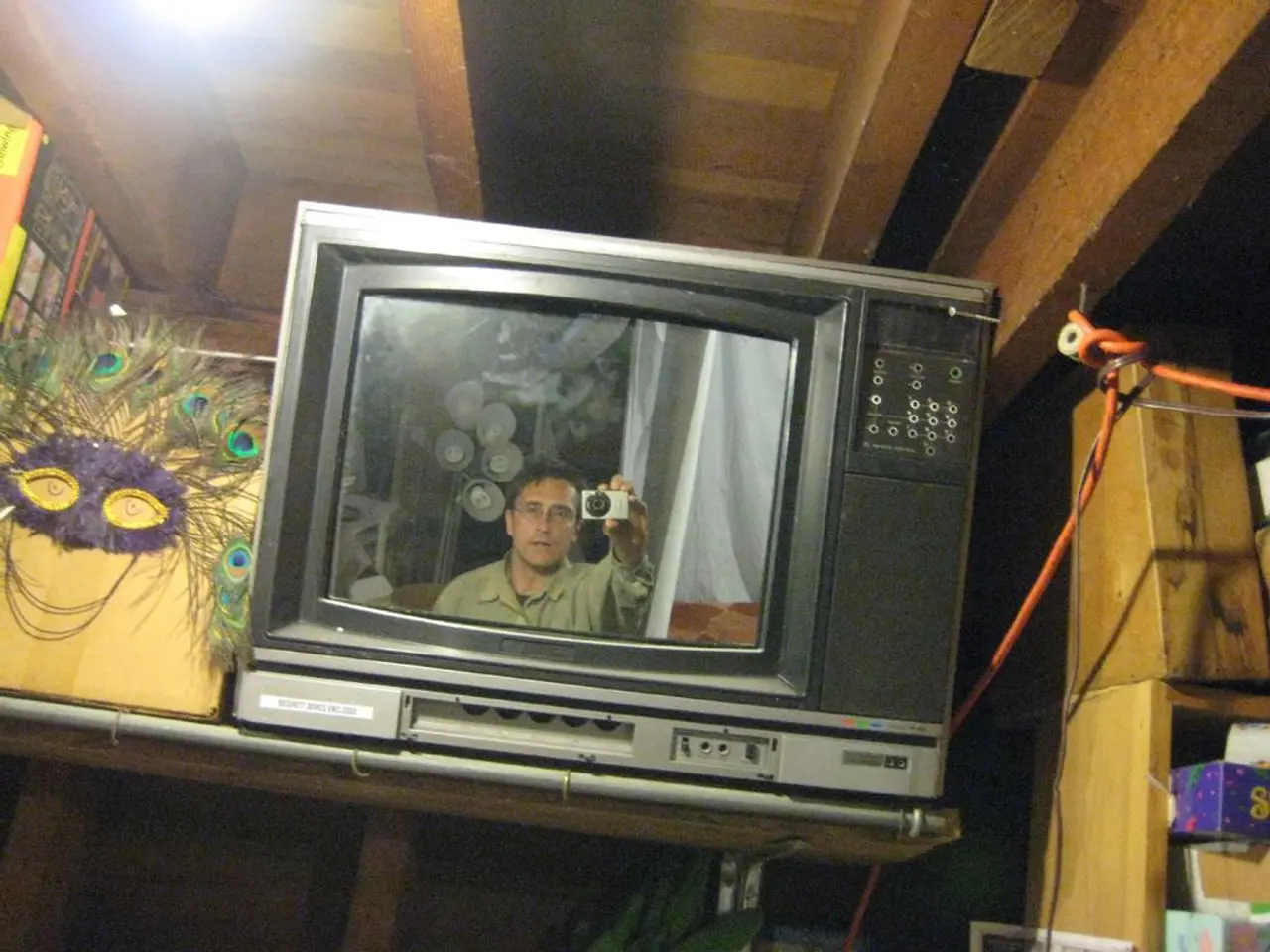"The Mary Tyler Moore Show," a groundbreaking sitcom that revolutionized domestic television programs.
The Enduring Impact of The Mary Tyler Moore Show
First aired in July 1970, The Mary Tyler Moore Show was a groundbreaking sitcom that left an indelible mark on American television. The series, created by James L. Brooks and Allan Burns, was commissioned by Mary Tyler Moore and her husband, Grant Tinker, for their production company, MTM [1].
The show's protagonist, Mary Richards, was a single, 30-year-old woman working as a junior producer at a local news channel in Minneapolis. Mary Richards' character experienced personal growth and development throughout the series, tackling themes such as sexism, women's independence, and the challenges of balancing a career and personal life [1].
The Mary Tyler Moore Show was a significant series in the United States, as evidenced by an article published in Le Monde in 1977 titled "The suffragettes of the small screen" [2]. The show's portrayal of a smart, career-focused woman was revolutionary for its time, influencing societal views on women and paving the way for more progressive storytelling [1][2].
However, the show's popularity varied internationally. In France, for instance, the series was not aired on French screens [2]. One reason for this could be the language barrier, as the show was originally broadcast in English [2]. Additionally, French audiences might have preferred shows that were more tailored to their own cultural context [2].
Despite potential differences in popularity, The Mary Tyler Moore Show's influence on television as a whole is undeniable. The series, which was aired on the CBS network, immediately outdated all the housewives of the previous decade [2]. Mary Richards' single status became a recurring theme throughout the sitcom, challenging societal norms and inspiring future generations of writers and producers [1][2].
A famous scene from the pilot episode showcases Mary Richards' ex-fiancé attempting to win her back, to which she replies, "I think that's what I just did" [2]. This bold response encapsulates Mary Richards' independent spirit and her determination to forge her own path.
The Mary Tyler Moore Show continues to be celebrated for its groundbreaking portrayal of a strong, independent woman. The series' iconic theme song, featuring Sonny Curtis singing "you're gonna make it after all", remains a symbol of hope and determination for many [1]. Despite not being as popular in France as in the United States, The Mary Tyler Moore Show's influence on television and society cannot be denied.
References: [1] Heller, T. (2013). The Mary Tyler Moore Show: Taking a Look Back at a TV Classic. Smithsonian Magazine. https://www.smithsonianmag.com/arts-culture/the-mary-tyler-moore-show-taking-a-look-back-at-a-tv-classic-180954634/ [2] Kawano, M. (2017). Mary Tyler Moore: A feminist icon for the ages. The Japan Times. https://www.japantimes.co.jp/culture/2017/01/24/films/mary-tyler-moore-feminist-icon-ages/ [3] Le Monde. (1977). Les suffragettes de la petite écran. https://www.lemonde.fr/culture/article/1977/07/30/les-suffragettes-de-la-petite-ecran_1449809_3234.html
Engaging American audiences and international fans of movies and TV, the Emmy-winning sitcom, The Mary Tyler Moore Show, showcased themes of independence and career development, setting a new standard for female characters and paving the way for future entertainment that resonates with diverse audiences. This groundbreaking series, which originally premiered on CBS, remains a source of inspiration for those seeking to navigate complexities in the entertainment industry.








